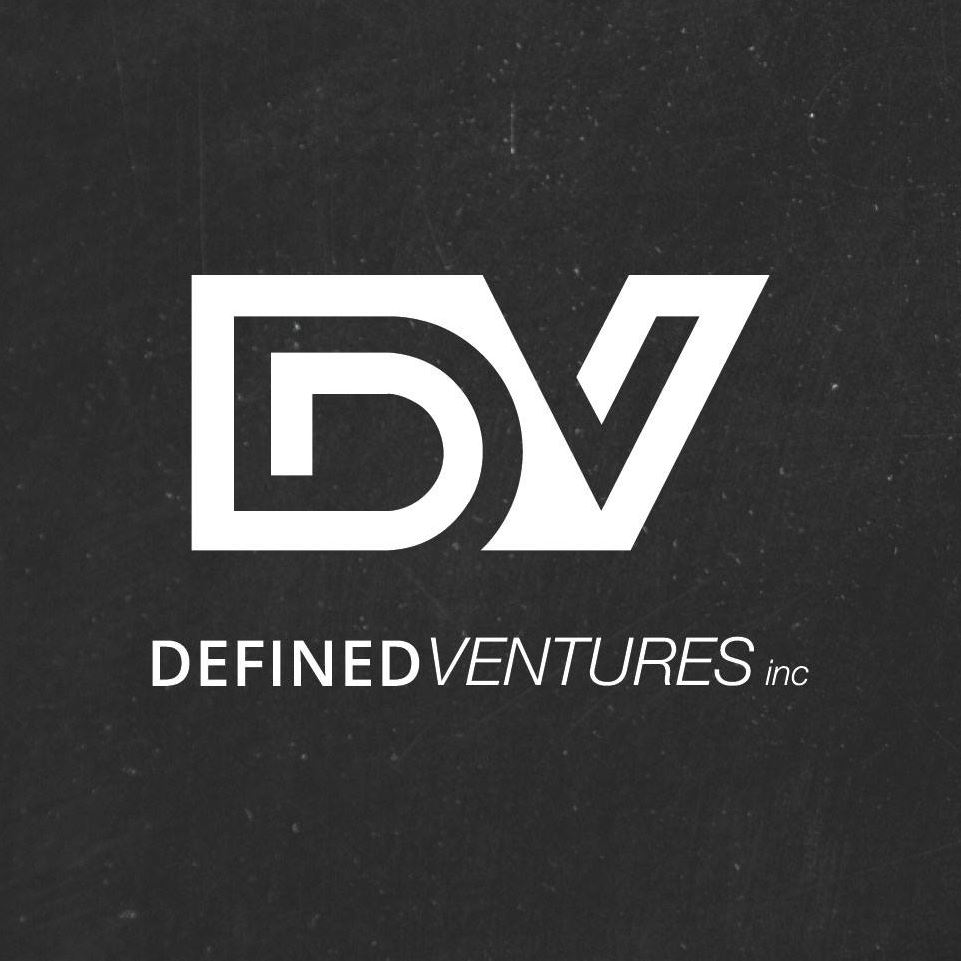Business owners (and for that matter, many of their top executives) are skilled in running a business, but that doesn’t necessarily mean they specialize in everything at the same time. An individual may be adept at hiring staff, handling financials, setting goals, motivating a team, or even assessing top-heavy business structure, but that doesn’t mean they specialize in every single aspect of business.
In no other area of business is this fact more true than in business analysis. When something isn’t working, it takes an incredible amount of skill to really dig for clues from the top right to the bottom. That skill is precisely why there’s currently a rapid expansion in both business analysis consulting services and the businesses who rely on them for help.
If you’re considering taking this route for your business, know that it’s wise – if done correctly. As with any other quickly-expanding industry, there’s a catch: who you hire has to be truly skilled, not just someone claiming skills they don’t have. Ask these seven questions to identify which firm has what you need and who just might be taking you for a ride instead.
Tell Us About Your Consulting Services, Firm
Simple and straightforward – ask the firm or whoever is representing them to tell you about their history, their daily operations, their successes, and their failures. Just as you would in a person-to-person job interview, you want to gauge their reactions, how often they speak negatively, and whether or not they seem to actively avoid certain topics. A reputable firm will be able to give not only a history, but case study examples of success, too.
How Many Cases Have You Handled?
The higher the number here, the better – whether it’s the individual consultants with the firm replying or just the firm as a whole. A firm with many cases has successfully attracted and worked with many businesses, and that means they are at least doing something right.
This isn’t to say that using a younger firm can’t work out, but you do risk working with a company who may or may not yet have the experience to handle very complex situations when you do. The fix to this is identifying whether the firm is new, yet the consultants experienced, or if both are inexperienced at the same time.
What Tools Do You Use for Measuring Strategy Effectiveness?
This question doesn’t have a default answer – every analyst works a little bit differently, and that’s okay. What you’re looking for here is a firm that uses a broad range of strategies depending on the situation, including business analysis charts, interviews, reports, software, feedback, flowcharts, structure maps, business process models and more.
A note of warning: software is invaluable, but it is not the only facet. Avoid firms who rely solely on a single piece of software and nothing more; these typically amount to white label resellers that churn out automated reports and little else. The human touch is always needed for guidance along the way.
What Has Been Your Most Challenging Analysis to Date?
Ideally, you want a business analysis consulting firm on your side who is willing to stick it out and go the extra mile for you. If they suggest implementing changes only to cut ties and leave you high and dry in two months, you may find yourself in a worse situation than you were in to begin with.
That said, do note that firms without any significant long-standing cases aren’t always a red flag. Although it’s rare, they may simply be so effective they don’t require as much time to fix problems. Hidden gem or hidden thorn – that’s the risk!
How Familiar Are You With SWOT Analysis?
Any analysis firm that doesn’t immediately recognize SWOT is an instant red flag. In the industry, the acronym refers to the analysis of ones: Strengths, Weaknesses, Threats and Opportunities. It is effectively the most common analysis strategy used at the enterprise and corporate level, because it creates a holistic view of the business that provides immense business intelligence and drives decisions.
Do You Work Well With Difficult Stakeholders?
Any business owner or manager who attends a meeting with stakeholders likely knows that disagreements in base values, goals, or processes can lead to weeks or months-long battles of who’s right and who’s wrong. A particularly cantankerous or difficult stakeholder can even halt an analysis or improvements in their tracks simply because they don’t see eye-to-eye.
You want your analysis firm to feel confident about working with these people, but you don’t want them to be cocky. Analysts should demonstrate excellent people skills and soft skills, and should be adept at communicating with anyone – regardless of their opinions.
Can You Define the Term _____?
Pair-choice. Misuse case. Analysis paralysis. These are just a few examples of everyday terminology that the business/management consulting industry utilizes to effectively communicate and create common ground. For obvious reasons, any consulting firm should be able to return fast and snappy answers if you ask them to define these terminologies – at your level or higher.
A few other potential definitions:
- Elicit (gaining intelligence from stakeholders and SME’s)
- Functional requirements (what your product/service provides)
- Pains and pleasures (your business’s pain points and boons)
- To-be modeling (business modeling for the future)
- Workflow model (describes a workflow, including people)
To get the most from this question, expand it. Ask for examples of when the firm utilized each in practice. Or ask them, for example, how they would use workflow models to help your business. These hypotheticals identify use-in-motion rather than memorized definitions.
President and founder of DVI, Aaron Boerger realized early in life that he had a unique combination of x-ray vision and business acumen for seeing the weaknesses that held businesses back – and the ability to define the right tools, technology and strategy to make them stronger.
From founding a successful technology support business in his early teens, to serving as Chief Operating Officer for several companies in the financial, technology and marketing industries, Aaron has developed a reputation for reinventing technology implementation tactics – and the willingness to tell people not what they want to hear, but what they need to hear, in order to achieve success without overwhelm.
Aaron will always go the extra mile to provide the accountability and support his clients need to achieve their goals, yet isn’t afraid to tell them when they are doing something wrong.

